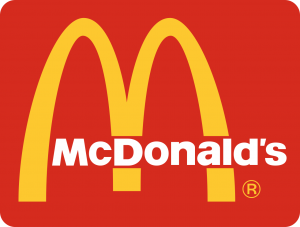Recently, the topic of Scottish independence has been plastered throughout newspapers and journals as the public referendum is slated to begin on Thursday, September 18th. Breaking away from the UK would mean that Scotland would become an independent nation with the absolute power to control the countries finances and parliamentary proceedings. However the two sides to this argument have created a distinct divide between many Scottish citizens. Personally, I stand against the separation of Scotland from the UK as I see the people of Scotland losing far more from independence than what they would gain. Scotland is an aging country, with many leaving the workforce and claiming pensions promised by the government, there is increasing pressure on taxpayers; and aside from Scotland’s recent wealth from oil in the North Sea, much of which goes to foreign nationals, Scotland is a relatively low earning state. With a struggling banking system that currently depends heavily on England’s Central bank, the economic situation in Scotland is forecast to worsen significantly with independence. To me, it seems as though Scottish independence could potentially be a self-destructive fantasy of which we will soon find out the outcome.
Sources:
<http://www.thewire.com/global/2014/09/yes-or-no-a-voters-guide-to-scottish-independence/380379/>
What did the Scottish Independence Referendum tell us about Nationalism?
Image from: http://i.ytimg.com/vi/x4Y5QPL8Fdw/hqdefault.jpg

